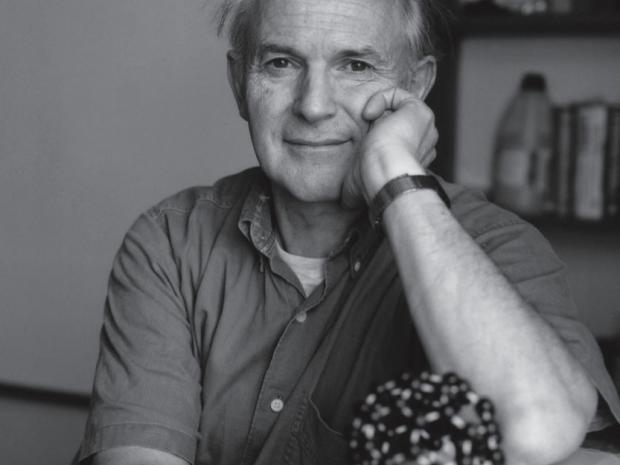Architecture in Nanospace

Brooklyn Frontiers in Science
The American Chemical Society Brooklyn Subsection
and Polytechnic Institute of New York University present a free lecture to the public...(register online)
Sir Harold Kroto
Francis Eppes Professor, Department of Chemistry and Biochemistry at Florida State University
1996 Nobel Prize in Chemistry Recipient
As the borderlines between chemistry and key areas of physics and biology vanish, multidisciplinary research is leading the fascinating “new” overarching field of Nanoscience and Nanotechnology (N&N). Nanoscience is a multidisciplinary field which involves not only chemistry, physics, biology but also medical sciences, materials science, and engineering. Expanding on the molecule C60 Buckminsterfullerene and its elongated cousins the carbon nanotubes or Buckytubes, ingenious strategies for the creation of new molecules that “do things” are being developed. Nanoscience is the “Frontier Chemistry of the 21st Century.”
Sir Harold Kroto is the Francis Eppes Professor, Department of Chemistry and Biochemistry at Florida State University. Sir Harold obtained a BSc in chemistry and a PhD in molecular spectroscopy at the University of Sheffield. His research interests range from the spectroscopy of unstable reactions intermediates to interstellar molecules. His laboratory experiments aimed at simulating the chemical reactions in stars uncovered the existence of C60 in 1985 for which he was awarded the 1996 Nobel Prize in Chemistry. His other accolades include the International Prize for New Materials from the American Physical Society and the Italgas Prize for Innovation in Chemistry.

